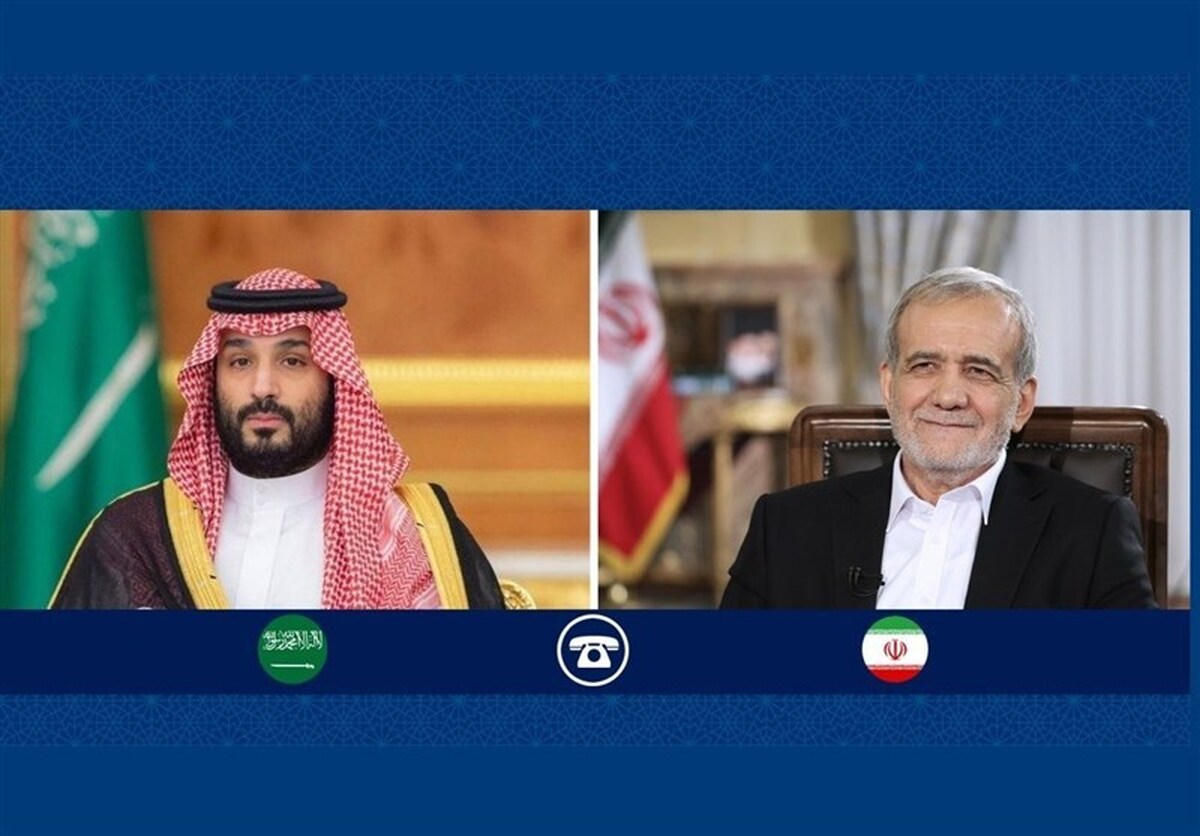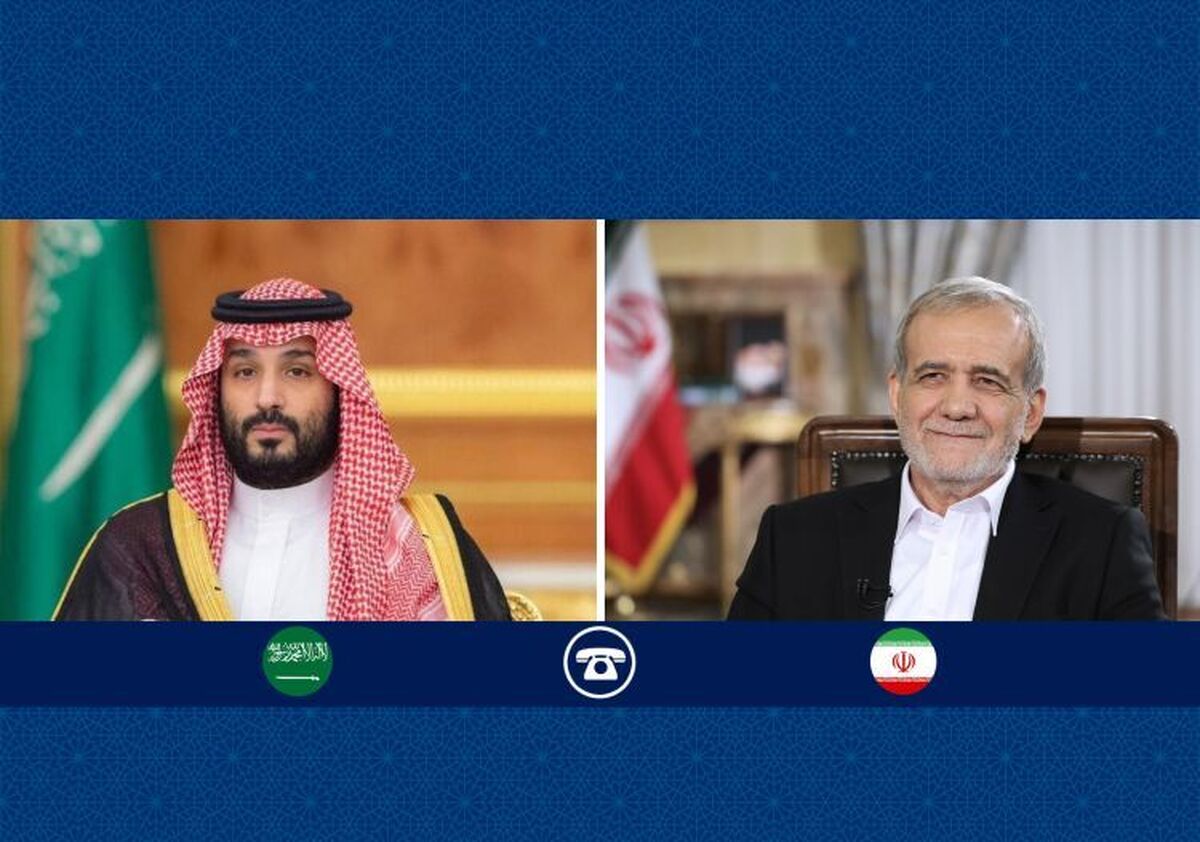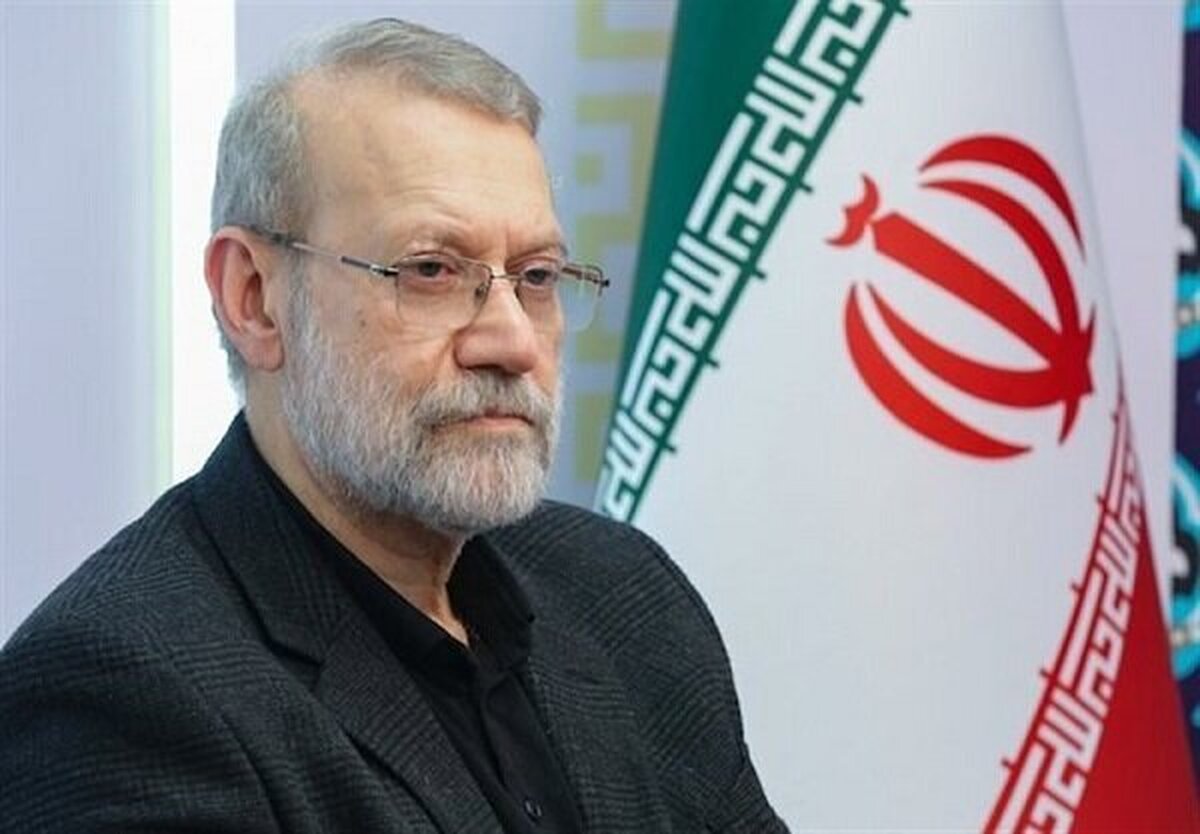
Iran, Saudi Arabia to Form Joint Chamber of Commerce
EghtesadOnline: Iran and Saudi Arabia will soon establish a joint chamber of commerce, says a member of Iran Chamber of Commerce’s Board of Directors, Keyvan Kashefi.
Iran and Saudi Arabia will soon establish a joint chamber of commerce, says a member of Iran Chamber of Commerce’s Board of Directors, Keyvan Kashefi.
Describing the recent normalization of Tehran-Riyadh diplomatic ties as “the main economic-political” breakthrough for Iran in the past month, he said, “The [Iranian] private sector welcomes this constructive and positive interaction,” the news portal of Iran Chamber of Commerce reported.
He noted that financial markets’ return to stability was one of the main results of the normalization, saying the breakthrough shows how correct political decision-making can positively impact the national economy.
“Tehran-Riyadh political and economic cooperation paves the way for stability in the region,” he added.
Noting that Saudi Arabia is one of the singular countries in the region with which Iran has yet to form a joint chamber of commerce, Kashefi said the private sector has already taken action to establish business ties with Saudi Arabia.
“Soon after the reopening of embassies, we plan to exchange commercial delegations with the Saudi side,” he added.
According to the official, the Saudi market can provide great opportunities for Iran, as traders of the two sides have yet to unlock the full potential of bilateral commerce.
There are vast areas for cooperation in oil, gas, petrochemicals and knowledge-based sectors between the two countries, he concluded.
Iran and Saudi Arabia agreed last month to restore their diplomatic ties after several days of intensive negotiations between the two countries’ top national security officials in the Chinese capital Beijing.
The China-brokered agreement was unveiled in a ceremony where a joint statement was signed by Secretary of Iran’s Supreme National Security Council Ali Shamkhani, Saudi National Security Adviser and Minister of State Musaid bin Mohammad Al Aiban and China’s top diplomat Wang Yi, Nour News reported.
Based on the statement, the two countries agreed to resume their diplomatic relations and reopen their embassies and missions within a maximum timeframe of two months.
Iranian and Saudi foreign ministers will meet for the implementation of this decision and arrangements for the exchange of ambassadors, according to the document.
Iran and Saudi Arabia severed diplomatic ties in 2016 after a group of Iranians stormed the Saudi Embassy in Tehran following the kingdom’s execution of a prominent Shia cleric.
Both sides later showed signs of interest in reconciliation marked by five rounds of negotiations in the Iraqi capital Baghdad, as well as mediatory efforts by the Sultanate of Oman.
Iranian and Saudi delegations held several meetings over five days in Beijing at the initiative of Chinese President Xi Jinping for supporting the expansion of Tehran-Riyadh relations based on the principle of good neighborliness, the joint statement explained.
The talks were also held as a result of Iran and Saudi Arabia’s willingness to resolve differences through dialogue and diplomacy based on fraternal ties and both sides’ adherence to the principles of the United Nations Charter and the Organization of Islamic Cooperation Charter and international rules and procedures, it added.
Renewing vows to respect each other’s sovereignty and avoid interfering in one another’s domestic affairs, Tehran and Riyadh also agreed to implement the security cooperation deal signed in April 2001, as well as another accord reached in May 1998 to boost economic, commercial, investment, technical, scientific, cultural and sports cooperation.
Benefits of Detente
In the joint statement, the two neighbors also thanked Iraq, Oman and China for hosting and supporting their talks.
“The three countries express their firm determination to make every effort to promote regional and international peace and security,” the statement read.
The negotiations followed agreements between Iranian and Chinese presidents on the issue during an earlier visit by President Ebrahim Raisi to Beijing in February.
“Clearing misunderstandings and looking to the future in Tehran-Riyadh relations will certainly result in the promotion of regional stability and security, and a boost in cooperation among countries in the Persian Gulf region and the Muslim world to manage the existing challenges,” Shamkhani said.
Now Iranian President Ebrahim Raisi is set to visit Riyadh, following an invitation from King Salman bin Abdulaziz Al Saud of Saudi Arabia.
Mohammad Jamshidi, deputy chief of staff for political affairs to the Iranian president, shared on Twitter that King Salman had extended a formal invitation to President Raisi for the visit to the Saudi capital.
First Vice President Mohammad Mokhber highlighted that enhancing relations with regional countries has been a central focus of President Raisi's administration since he took office. The upcoming visit to Riyadh marks a notable advancement in achieving this objective.
Also, the foreign ministers of Iran and Saudi Arabia are expected to meet "in the coming days", according to the Iranian Foreign Ministry.
Iran’s Foreign Minister Hossein Amir-Abdollahian held a telephone conversation with his Saudi counterpart Prince Faisan bin Farhan on Sunday following the recent warming of ties between the two countries, promising to meet "in the coming days,” New Arab reported.
This was the third phone conversation between the foreign ministers in the past few weeks and a fourth is scheduled over the next 48 hours when the diplomats will finalize a date for their planned meeting.
Saudi Finance Minister Favors Investment in Iran
Saudi Arabia's Finance Minister Mohammed Al-Jadaan says Saudi investments into Iran could happen "very quickly" following an agreement to restore diplomatic ties.
"There are a lot of opportunities for Saudi investments in Iran. We don't see impediments as long as the terms of any agreement would be respected," Al-Jadaan said during the Financial Sector Conference in Riyadh, Reuters reported.
"We have no reason not to invest in Iran, and we have no reason not to allow them to invest in Saudi Arabia. It is in our interest to make sure that both nations benefit from each other's resources and competitive advantage," he said.
"If they [Iran] are willing to go through this process, then we are more than willing to go through this process and show them they are welcome and we would be more than happy to participate in their development," he said.
Resumption of Flights
The Civil Aviation Organization of Iran has announced that work is underway to resume flights with Saudi Arabia, following an agreement concluded between Tehran and Riyadh to restore bilateral ties, Middle East Monitor reported.
This came in statements made by the spokesperson of the Civil Aviation Organization of Iran, Jafar Yazerlou.
Yazerlou said after reviewing resumption of flights with Saudi Arabia, the official permits for these flights will be issued, and flights will be established between the two countries.
Iran and Saudi Arabia announced last month that they will resume diplomatic relations in two months. The agreement followed negotiations hosted by China.
When relations between Riyadh and Tehran were severed in 2016, other Persian Gulf states, including Bahrain, the UAE and Kuwait, subsequently cut ties with Iran in a show of solidarity with Saudi Arabia.
Iran’s Exports to Saudi Arabia Gain Momentum
Following political negotiations between Iran and Saudi Arabia, it seems that the ground has been prepared for resumption of trade between the two neighboring countries, customs expert Rouhollah Latifi wrote for the Persian daily Ta’adol earlier in January.
According to the former head of the Islamic Republic of Iran Customs Administration, a total of 30,791 tons of goods worth $14.71 million were exported from Iran to Saudi Arabia from the beginning of last Iranian year (March 21, 2022) to Nov. 21, which is considered a significant jump after the suspension of political relations between the two sides in recent years.
“Iran’s exports to Saudi Arabia stood at less than $42,000 in the fiscal 2021-22. The figure reached $377,309 in the first eight months of last Iranian year [March 21-Nov. 21, 2022], but in the last 40 days, with the exports of 30,015 tons of steel ingots worth $14.2 million and 60 tons of seedless grapes worth $126,000, Iran’s total exports reached $14.71 million,” he added.
Latifi noted that Iran’s exports to Saudi Arabia from March 21 to Dec. 31 stood at $15 million, of which 96.5% were iron and steel ingots.
Other exports during the period include sodium hydroxide with 340 tons worth $185,300, truck’s body with 86 tons worth $155,376, glass beads with 265 tons worth $33,000 and marble with 25 tons worth $3,731.
IMIDRO Expects Jump in Mineral Exports to Saudi Arabia
Exports of Iran’s minerals and mining industry products to Saudi Arabia are expected to rise significantly as the two sides have reached a new diplomatic agreement, according to the Iranian Mines and Mining Industries Development and Renovation Organization (IMIDRO).
New data released by the organization indicate that exports stood at $29.5 million in the fiscal 2013-14 and increased to $82.8 million in the following year — the highest value of exports to date.
Since then, there were no exports, except for a meager $100,000 in the fiscal 2017-18 amid tensions in diplomatic ties.
Iran’s exports of minerals and mining industry products to Saudi Arabia stand at over $14.2 million in the last Iranian year.
Direct-reduced iron had the lion’s share of exports with 46.2%, followed by cement with 25.6%, steel manufacturing chain products (iron ore, semi-finished and finished steel) with 22.8%, different kinds of stones and related products with 1.1%, different kinds of clay products, bricks, ceramic and tiles with 0.5% and other mine and mineral industry products with 0.9%.
Ferroalloys and precious stones and metals are other exported Iranian products to Saudi Arabia in the field of minerals and mining industry.
IMIDRO estimates that exports will reach $150-200 million in the current Iranian year (March 2023-24).




